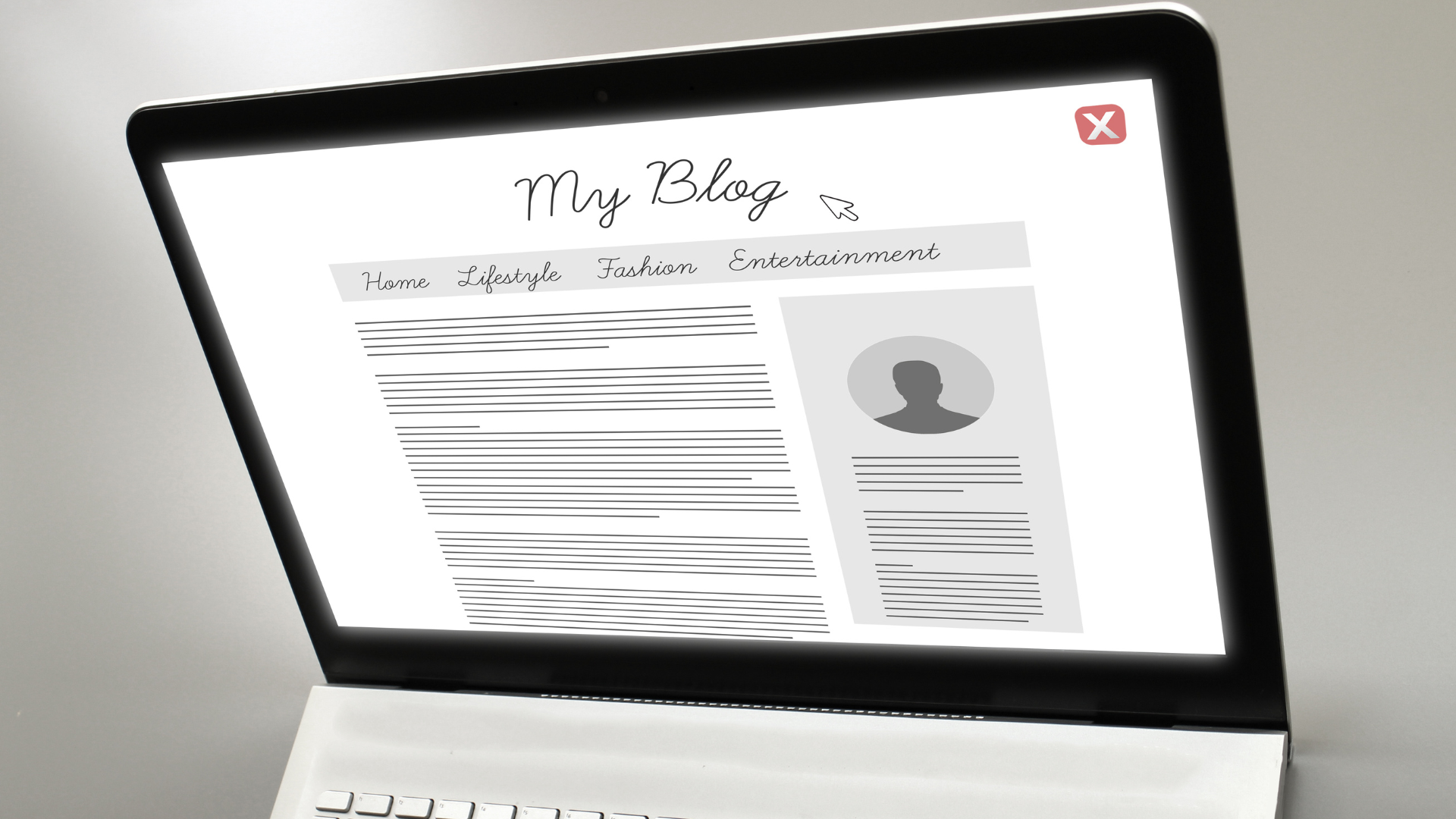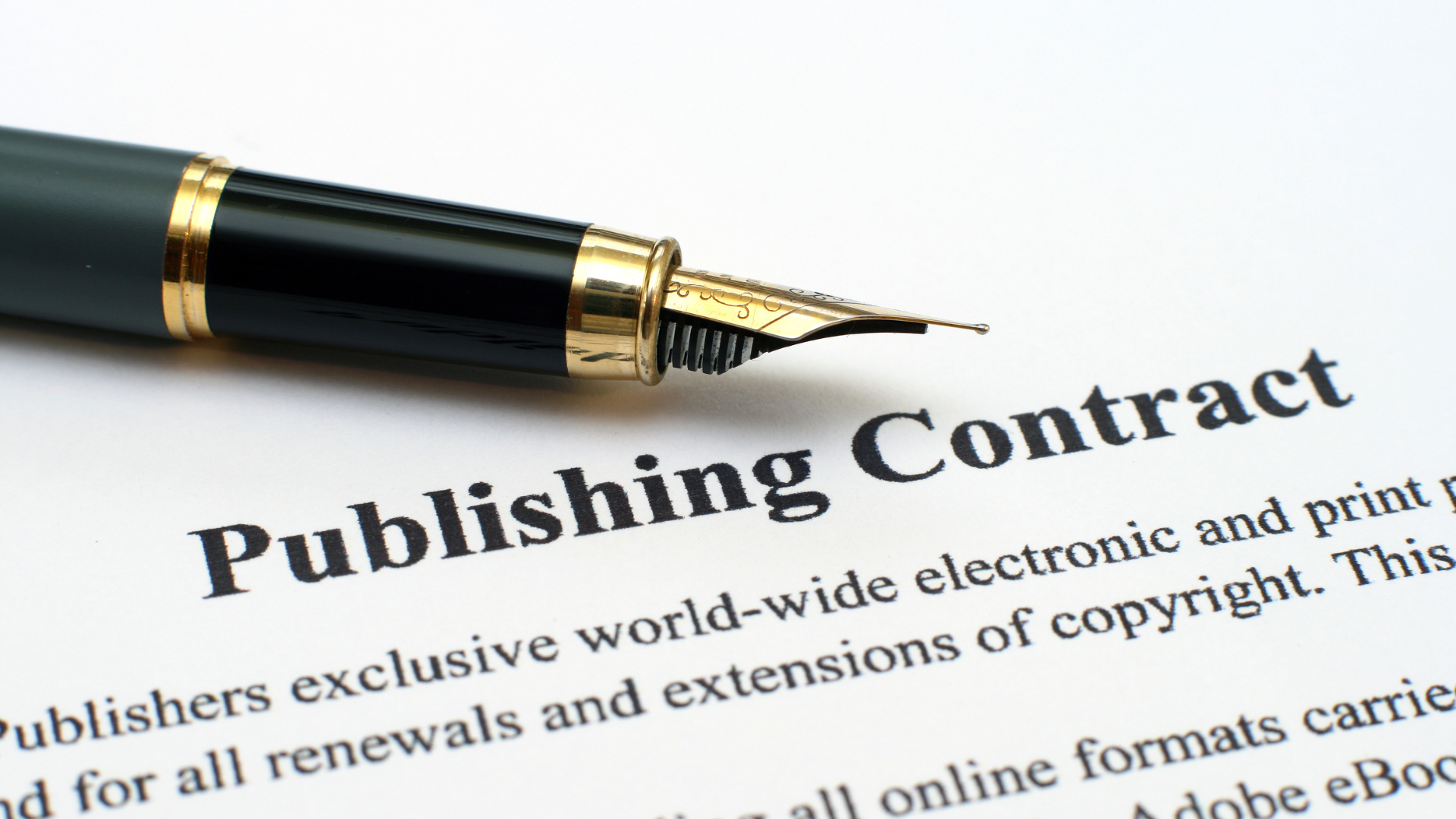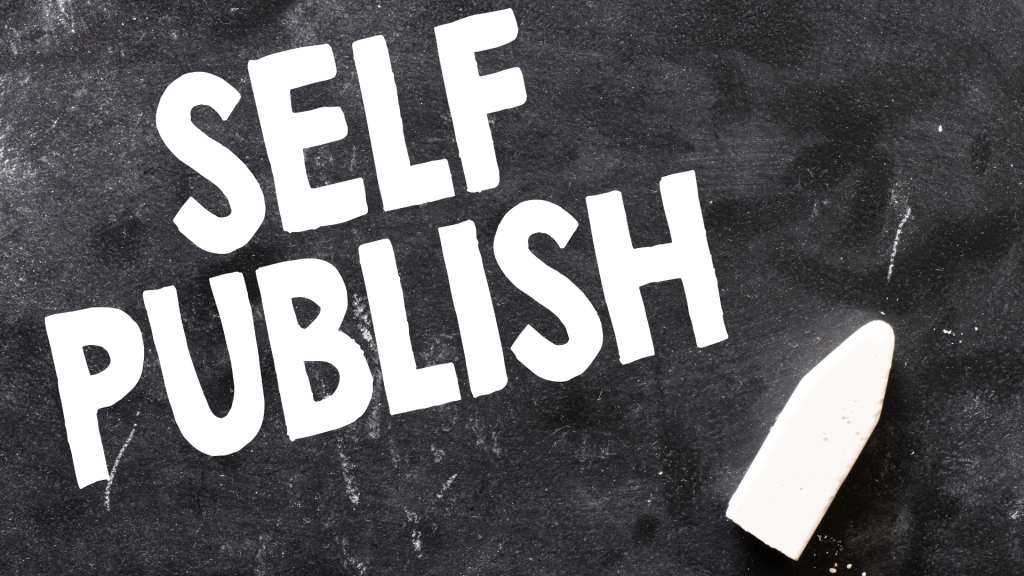If you are a creative writer, then there is good news for you when it comes to finding writing jobs that will support your creative writing career.
Nowadays with the uptake of online writing and the fact that businesses need to have a presence on websites and social media, the need for creative writers has substantially grown, meaning that if you want to build on your writing skills and are focused on making money online either through freelance writing gigs or with full-time creative writing jobs, you have way more options than you used to.
Today, we will discuss the different ways to make money online so that you can not only earn money to pay for your day-to-day life, but you can also build on your creative writing skills that can help you advance your career.
Freelance Writers
A lot of writers who are looking at job boards for work will be freelance writers, this means that they are not tied to one company and are free to take multiple jobs that can broaden their creative writing spectrum.
They can either be hired as a contractor, just for a one-off writing job, or they can be given regular work, e.g. two articles per month, but only as and when they want to.

What Are Their Options?
Being a freelance writer can be ideal for creative writers who don’t want to be stuck in one writing niche and would like to incorporate a lot of different industries into their backgrounds to build on their skills.
They have the option to expand on their writing and go into a variety of niches that they can build their portfolio with, e.g. business writing, fiction writing, technical writing, and so on.
Some freelance writers may be focused on their own personal work such as writing novels, which they do through self-publishing, taking part in writing contests, or they can run their own blog and make passive income through sponsorships and affiliate links.
There is a lot that freelance writers can do, but the same can be said for creative writers who are looking to make money writing with full-time jobs.

How to Make Money With Creative Writing
No matter what type of writer you are, what your writing style is, or what target audience you have settled on, there will be ways that you can write online and make money that way.
Below, we are going to discuss a variety of different ways to make money through your creative writing, so hopefully, you will be able to either make a start in this business or build on what you already have.

Start a Blog
It is a very easy one to get started, but creating your own blog can really make a difference and help you reach many people across the internet who can hopefully enjoy your writing style and appreciate what you are writing about.
When you become a blogger, you need to be dedicated to what you do and how you do it.
It is no use being inconsistent with your postings.
How are your followers going to know what you are doing if you can’t settle on a plan for when you post and how much you post?
It can drive people away if they think that you aren’t taking it seriously, and you won’t be able to generate the income you want from it if you don’t really put your heart and soul into it.

Think About What You Need
Before you charge ahead and start your blog, there are things that you will need to consider first, for example, you need to know what your niche is so you know what you will be writing about.
You also need to pick a domain, design your blog, and set up a schedule for when you want to post and how frequently you plan on doing it.
You can find free templates online for your blog and use software to help you with managing your schedule.
Keep at it
Once you have it all set up, now is the time to put the wheels in motion and put yourself on the map for people to know who you are.
Set up social media accounts to keep your followers up to date on postings, and talk to your followers so you can start up a dialogue with them and get their opinion on things.
You won’t be an overnight success, as mentioned before, you just need to keep at it and work consistently to push yourself up.
It will take time, but if this is a passion of yours then it will be worth it.

Do Guest Blogging
To help you with making a name for yourself, you can also look at writing guest posts for other blogs to help with your visibility.
You can work out a payment system for any guest blogs you do and put the word out there that you are available for guest posts for any other bloggers.
This can also help you expand on your niche so you are not pigeonholed into one type of writing.
This will help you when you are searching for jobs and want to get your foot in the door for online writing jobs.

Self-Publish a Book
You may have a really good story inside you but you have not been able to get it out there.
Traditional publishing avenues have not panned out and you are fed up with being rejected by big publishers all because you are not already established.
One of the best things with the online world springing forward is that now, people who want to publish a book can do so through their own website.
Selling through platforms such as Amazon and other sites without having to go through a publishing house, makes it easier for new writers who are just trying to get their big break.

Do Your Research
Before you dive into self-publishing, you will need to look into how you can do it and what the best platform would be for you to put your book on.
It is All on You
It can be tough as you are doing everything yourself, it all falls down to you such as the design of the book, font size, colors, and so on.
You will need to be prepared to get this done.
It will be frustrating, but if you are determined and you want to publish your book for people to read, then you are going to need to go through this process.

You May or May Not Turn a Profit
When it comes to you doing your own publishing, you need to know that you might not get a profit from your book.
There are no guarantees that this will happen, but if you are cautious and you read up on what you need to with self-publishing, then you might be able to get money back and earn enough to create your next book.

Write Scripts For Video Content
If you are adept at writing scripts, then you may find that you can find a lot of jobs out there that focus solely on scriptwriters whether it is for a small YouTube channel or something a little bigger.
Not all video creators will have good writing skills so they need to bring actual writers in to help them with creating a script that they can work with.

It Has Become Quite Popular
Writing scripts for videos has grown a lot over the years, especially with the fact that we have more platforms for people to reach out on, and videos seem to be the thing that catches people’s attention most of the time, for example, influencers use Instagram Reels for promotion.
Look on Job Boards
Online you will find advertisements for freelance script writers or contract writers, or you can reach out to creators yourself with your portfolio to show them that you are available for work.

Make Content For Local Businesses
If you know a local business that needs help with bringing up their traffic online and promoting their content to people in their area, then you can help them with their standing on social media as well as write articles or blog posts for them if they need it.
You don’t just have to stick to online work with them, you could also branch out into writing for their leaflets or brochures to hand out when they are physically advertising.
You Can Find More Work
Helping them out can also be a great way for you to network with other businesses by showing them what you can do for the local community, which can help you be hired by other businesses for your writing skills.

Create Guides
When people go on vacation and explore new places, they often rely on guidebooks or pamphlets for information. If you know your local area well, consider creating a guide to help visitors navigate and discover hidden gems.
You can turn this knowledge into a good business by creating pamphlets, travel booklets, and flyers, which you can easily source from companies offering services for flyer printing in Evanston, IL (if this is where you reside). You can then sell your guidebooks to a travel magazine. It can be a great way to share your insights with travelers and make money.

Create Greeting Cards
If you have a knack for writing funny or sweet words, then you may find a home in writing greeting cards for a whole range of people and events.
Writing poetry is also part of the greeting card world, so you can submit your poems to be put in greeting cards if you wish, you never know, they may get accepted.
Look online for companies that accept submissions of your work and see if what you write can be accepted, you could do it as a sideline job to earn some extra money whilst still working full-time or freelance on other projects.

Copywriting
Copywriters do a lot for businesses, they not only write articles and blog posts but they also write on websites, emails, whitepapers, job descriptions, etc., anything that helps with promotion and marketing.
It is important that copywriters write content that drives people to action and gets them to buy products or check something out.
Companies will hire freelance copywriters or they will use agencies to get the help they need.
There are quite a lot of copywriting freelance jobs available, you can check websites such as Indeed which will have a whole range in a variety of niches.

Conclusion
After reading through this post, hopefully, you now know how to make money writing online and you have a few more ideas that you can research to see if you can try them out.






